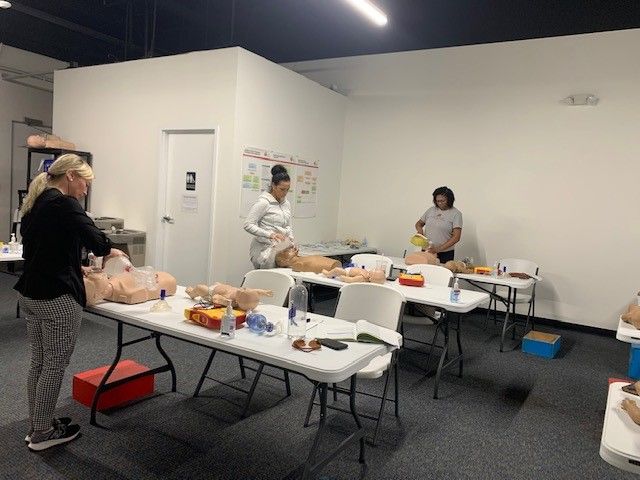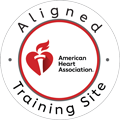Every second matters in an emergency, and knowing how to open a person’s airway can be the difference between life and death. Airway obstruction is one of the most common issues encountered in medical emergencies, and swift, correct action can save lives. Understanding the proper techniques to open the airway is a crucial part of CPR and emergency response. CPR Indianapolis provides hands-on training to equip individuals with the skills necessary for effective airway management in high-stress situations.

Understanding the Importance of Airway Management
Airway management is vital because a blocked airway prevents oxygen from reaching the lungs and brain, leading to severe consequences within minutes. It plays a critical role in the chain of survival, which includes early recognition, calling for help, initiating CPR, and using an automated external defibrillator (AED) if needed. Proper training ensures that responders can confidently and effectively open an airway, improving survival rates in emergencies.
Preparing to Open the Airway
Before attempting to open the airway, it is essential to assess the situation. Safety comes first—check the scene for potential hazards before approaching the individual. Next, check the person’s responsiveness by tapping them and asking loudly if they are okay. If there is no response, call for emergency medical assistance or instruct someone nearby to do so. Once help is on the way, you can proceed with opening the airway.
Step-by-Step Guide to Opening the Airway
Perform a Head-Tilt, Chin-Lift
Call Us Now
Get the Best CPR Class in Indianapolis Today!
The head-tilt, chin-lift technique is the most common method used in non-trauma situations. This technique is effective in clearing airway obstructions caused by the tongue falling back against the throat. To perform it, place one hand on the person’s forehead and gently tilt their head back while using the fingers of your other hand to lift the chin. This action moves the tongue away from the airway and allows air to pass freely.
Use the Jaw-Thrust Maneuver
For individuals with suspected spinal injuries, the jaw-thrust maneuver is recommended. This technique keeps the head and neck in a neutral position to prevent further injury. To perform the jaw thrust, place your hands on both sides of the person’s jaw and gently push the lower jaw forward without tilting the head. This maneuver helps open the airway while maintaining spinal alignment.
Check for Breathing
Once the airway is opened, check for breathing by using the “look, listen, and feel” method. Look for chest movement, listen for breath sounds, and feel for air on your cheek. This assessment should take no more than 10 seconds. If the person is not breathing or only gasping, begin CPR immediately, starting with chest compressions.
Troubleshooting Common Challenges
Sometimes, airway obstruction can persist despite proper positioning. Partial airway blockages may cause wheezing or difficulty breathing, while complete obstruction results in no air movement. If repositioning does not help, visually check for foreign objects and, if visible, carefully remove them. Avoid blind finger sweeps, as they can push obstructions further down the airway.
The Role of CPR Indianapolis in Airway Management Training
CPR Indianapolis offers comprehensive training to help individuals master airway management techniques. Their hands-on courses provide real-life simulations that prepare participants for emergencies. Whether training for Basic Life Support (BLS), Advanced Cardiovascular Life Support (ACLS), or Pediatric Advanced Life Support (PALS), students gain confidence through guided practice in a stress-free learning environment.
Understanding and practicing the steps to open an airway can save lives. Knowing when to use the head-tilt, chin-lift versus the jaw-thrust maneuver and how to check for breathing ensures an effective response during emergencies. CPR Indianapolis provides the training necessary to develop these essential skills. Sign up for a CPR class today and be prepared to make a difference when it matters most. Visit CPR Indianapolis for more information and class schedules.


